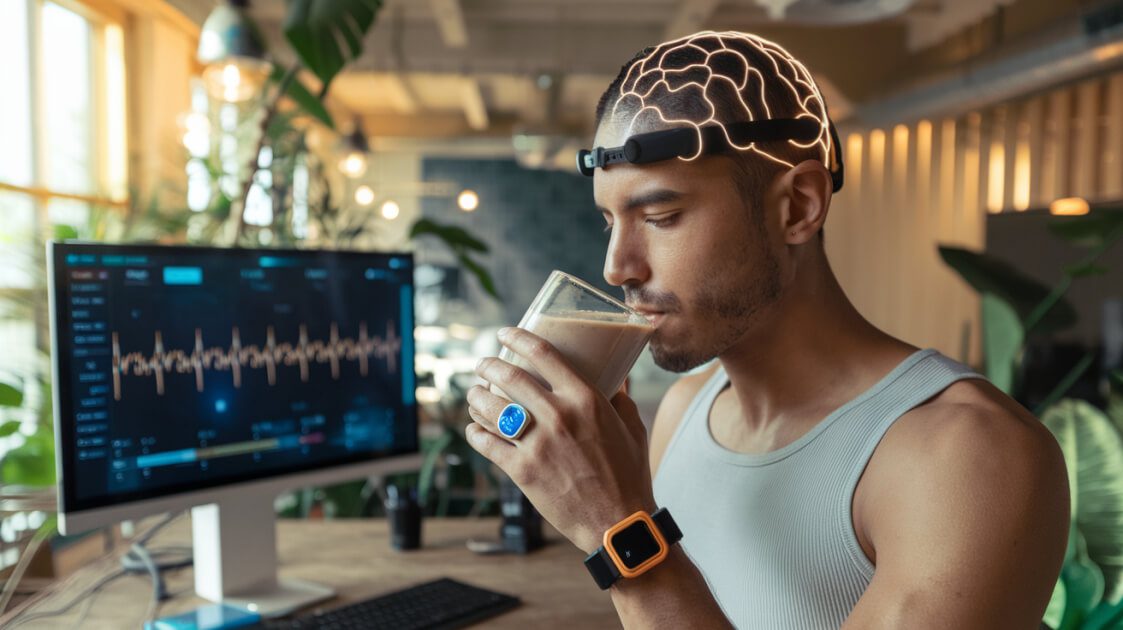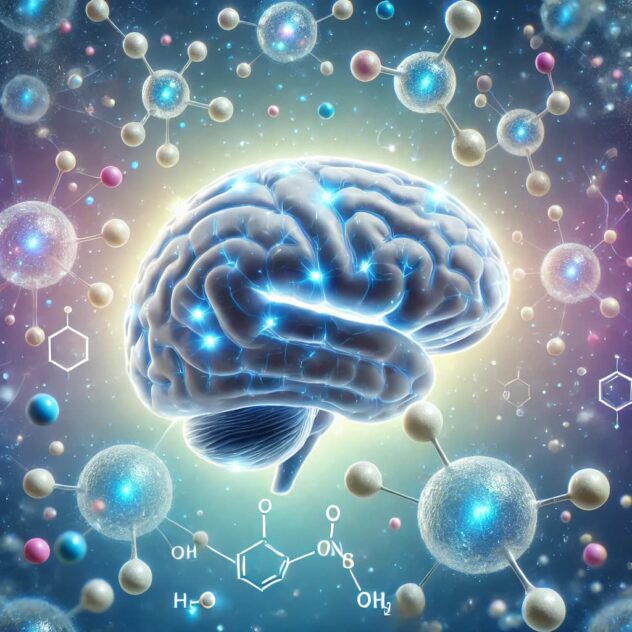Emerging Biohacking Trends 2025: Enhancing Cognitive Function and Well-being.
The Future of Biohacking: Hype or Game-Changer?
Biohacking has come a long way from the days of Silicon Valley execs dunking themselves in ice baths and injecting who-knows-what into their veins. Now, in 2025, it’s a full-fledged movement blending science, tech, and a touch of human madness. Whether you’re a high-performance enthusiast, an ADHD brain seeking better focus, or just someone looking to function without three litres of coffee, these cutting-edge emerging biohacking trends 2025 might just be worth paying attention to.
Emerging Biohacking Trends 2025: AI-Powered Personalized Wellness
Gone are the days of generic wellness advice that assumes you and your nan should eat the same diet. AI-driven health tech is now personalising everything from your diet to your supplement stack based on real-time biometrics. Devices like smart rings and continuous glucose monitors can now sync up with AI nutritionists, adjusting your diet and routine based on how your body responds. Want to know exactly how much magnesium you need for peak brain function? There’s an algorithm for that. Emerging biohacking trends 2025 are redefining personalised wellness, making biohacking more intuitive, data-driven, and accessible than ever before.
ADHD angle: Neurodivergent brains thrive on structure, but rigid plans can be a nightmare. AI-driven personalisation means you can get tailored, flexible strategies that adapt to your energy levels and focus fluctuations in real time.
Unlock peak brain performance with science-backed biohacks. Join free now & get your guide for just £4.99 (45% off)!

Neurofeedback: Brain Training for Grown-Ups
If the idea of training your brain sounds a bit dystopian, welcome to 2025. Neurofeedback, once a niche therapy, has gone mainstream. High-end neurotech devices now allow you to track your brainwave activity and fine-tune your cognitive performance. Think of it as a Fitbit for your neurons, but instead of step-counting, it’s measuring focus, stress, and mental clarity.
ADHD angle: ADHD brains love dopamine, and neurofeedback provides immediate gratification—you literally see your brain getting better in real time. If you’ve ever wished you could gamify productivity, this is probably the closest you’ll get.
Nutrigenomics: Eating for Your Genes
Biohacking is no longer just about eating clean. It’s about eating smart. Nutrigenomics—how food interacts with your genes—is gaining traction, helping people fine-tune their diet based on their unique genetic makeup. No more one-size-fits-all nutrition nonsense. Instead, you can optimise neurotransmitter production, balance blood sugar, and prevent mental crashes by eating what your body actually needs.
ADHD angle: Some people thrive on keto, others on a protein-heavy Mediterranean diet. If you’ve ever wondered why cutting out gluten made you feel like a genius, while your friend just got grumpy, your genes might have the answer.
Wearable Tech That Actually Does Something
It’s 2025, and we’re beyond step trackers. Modern wearables now measure stress levels, HRV (heart rate variability), glucose, and even neurotransmitter activity in real time. That means you’ll know exactly when you need to meditate, move, or chug an electrolyte drink before you feel like roadkill. Emerging Biohacking Trends 2025 are pushing wearable tech beyond just fitness tracking; now, it’s about optimising cognitive function, emotional regulation, and even productivity in ways that were once pure sci-fi.
ADHD angle: If you struggle with interoception (aka knowing what your body actually needs before it screams at you), these devices can help preempt energy crashes, anxiety spikes, or focus dips. Basically, it’s biohacking for the forgetful.
Ethical Considerations: Are We Going Too Far?
As always, with great power comes great potential for absolute nonsense. The rise of at-home genetic testing, DIY hormone hacking, and brain-zapping tech means biohacking is walking a fine line between cutting-edge and questionable sci-fi experiment. Ethical concerns around data privacy, accessibility, and the long-term effects of tinkering with your biology are all hot topics. Feel free to drop in comments below!
The Future of Biohacking: Where Do We Go From Here?
So, is emerging biohacking trends 2025 the future of wellness or just a trend for people with too much money and a God complex? The answer is probably both. What we do know is that personalised health optimisation is here to stay, and if used wisely, it has the potential to be a game-changer for focus, cognitive function, and long-term brain health.
The key? Experiment wisely, stay curious, and don’t believe every wild claim you see on TikTok.
Join Our Community
For more no-nonsense insights on emerging biohacking trends 2025, ADHD, and optimising your brain, check out our forums and community.








Love the breakdown on neurotech! Feels like we’re right on the edge of some huge leaps in brain/computer interfaces!
Thanks Lewis! A topic I’m very much interested in and glad you liked it 🙂
Transcranial magnetic stimulation – looks promising! It enhances cognitive functions adding theta waves directly to were its needed – TBS (Theta-Burst Stimulation) Feel another blog coming on